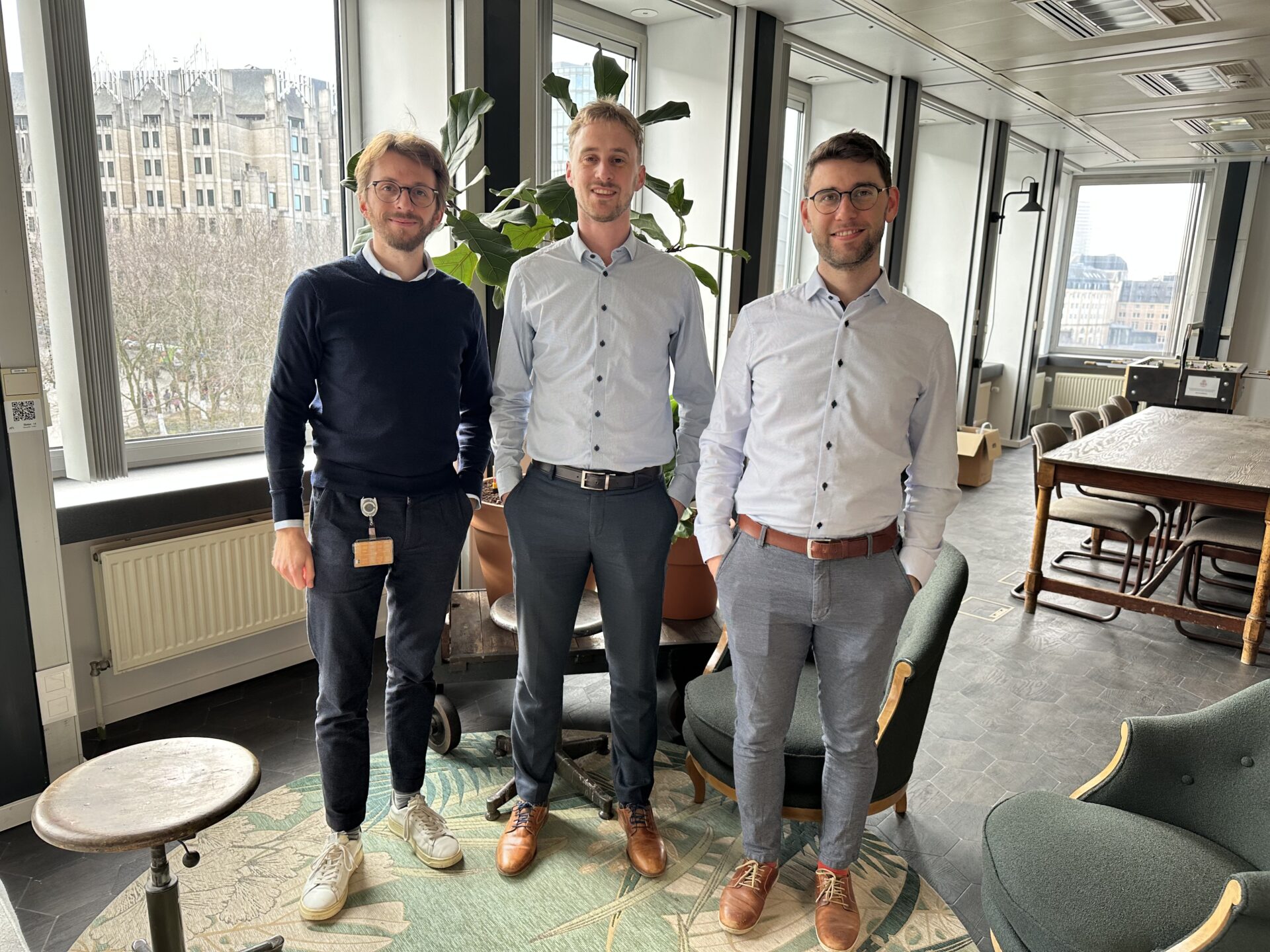Smart Data, Smarter Returns: Financial Dividends Through Byte-Level Management

Question
The financial sector is at the centre of change, driven by major digital overhauls, innovations and constantly evolving regulatory requirements. As a crucial player in the wider financial field, one of our key clients is also undergoing significant transformation. Senior project lead Brian explains: “Back in 2019, new senior management took over to lead the organisation. They soon launched a fresh strategic data management initiative. Initially, they set out to improve data collection from their end clients, partner institutions and other sources. Next, they wanted to standardise and centralise their data after the capture stage. Data were typically stored and processed in silos. Historically, each team also had its own validation rules and tools, further adding to the complexity of the situation. In 2022, the client’s Chief Data Officer decided to bring in external expertise to execute this standardisation and launched a call for tender. This is where our Addestino team came in. Our overall objective was clear: to help our client transition into a modern, data-driven organisation through better data governance and standardised practices.”
Process
“As part of the larger transition to a modern and standardised data infrastructure, our consulting collaboration was designed as a long-term partnership with different subprojects and development tracks. Our team initially consisted of three members, but later grew to six,” consultant Tim adds.
“The length of each project tends to vary,” Brian explains. “Assignments range from defining roadmaps for legacy transition processes to designing new architecture. A good example of the latter is implementing data management capabilities like data catalogues, master data management and data quality management, all of which involve new processes, tools and governance frameworks. Take, for example, the Enterprise Data Management (EDM) strategy that we highlighted in our previous case study. This blueprinting stage focused on architectural planning to define new technologies, platforms and processes. We conducted interviews with relevant IT and governance teams and combined their input with our expertise to set up a data catalogue featuring centralised documentation of data assets and flows.”
Another subproject involved implementing harmonised reporting across the organisation. Nicolas, a consultant on our project team who joined Addestino as a PhD hire in late 2024, explains: “Our role is to provide strategic oversight and assess the impact of new rules, regulations and internal policies on our client’s current way of working.”
Insights
With a wide-ranging and long-term project scope, effective oversight must be embedded into the project’s structure. When asked about Addestino’s key contribution to the project, it doesn’t take Tim long to decide: “Unsurprisingly, it’s all about our approach. A core element of our methodology is our so-called ‘Map of the World’, which enables us to analyse a client’s entire ecosystem and address structural inefficiencies that go beyond our narrow project scope. This ties in neatly with our proactive approach, where we balance taking new initiatives while staying focused on the bigger picture.”
“Ultimately, this is what helps us work faster and more efficiently,” Nicolas adds. “Frequent client reviews, short iterations and parallel development tracks speed up delivery and allow for timely corrective actions, saving time for everyone involved. There’s always a direct reporting line to Michiel at the Partner level, who is ultimately responsible for follow-up. He acts as a safeguard that monitors our progress and keeps up the pace of delivery.”
From this case, we can draw several key takeaways for other organisations in the sector:
- Data standardisation creates a competitive advantage
Eliminating data silos enables faster decision-making and provides more reliable insights. - Structured delivery improves efficiency
Regular alignment reviews and iterative development accelerate project timelines while maintaining quality of delivery and controlled deployment. - Long-term consulting is most effective when broken down into refreshing, actionable projects
Our Addestino methodology delivers visible progress and sustainable transformation, enabling our teams to drive meaningful change and not just fill temporary resource gaps.
Results
Beyond project outcomes, the collaboration also brought valuable lessons and growth opportunities for individual consultants and the team. “Frequent feedback and coaching on these kinds of tracks help consultants grow faster and improve the quality of deliverables,” Brian points out. “Structured mentoring helps team members transition from junior consultants to more independent problem solvers – and long-term collaborations like these are an excellent training ground for this.”
Tim chips in: “I started out at this client towards the end of 2023, as a junior consultant. Initially, my work consisted of narrowly defined deliverables, which I reviewed weekly with my senior colleagues. Now, eighteen months later, I’m ultimately responsible for the delivery of a subproject, and I’ve started mentoring junior colleagues myself. Going through this process is rewarding and reminds me how important mentorship is in building strong teams.”


